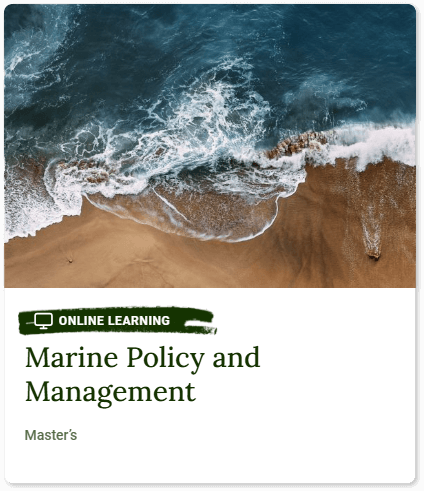Financial Peace of Mind
Affordable tuition. No hidden fees. Just a clear path to your degree, without surprise costs or added stress.


Your education is one of the smartest investments you’ll make. Unity keeps it affordable with locked-in pricing and flexible payment options that work for you.

Our partnerships connect you to mission-driven organizations across industries, from wildlife conservation to renewable energy. Gain real-world experience, grow your professional network, and build a resume that stands out.



Life doesn’t run on a traditional semester schedule, and neither do we. Unity offers multiple start dates throughout the year, so you can begin your program when it works best for you. Whether you’re balancing work, family, or other priorities, you can start now, take a break if needed, and pick up where you left off, without losing financial aid eligibility.
| Bachelor’s Degree Terms | Start Date | End Date |
| May 2025 (DE5W05.19.25) | May 19, 2025 | June 22, 2025 |
| July 2025 (DE5W07.14.25) | July 14, 2025 | August 17, 2025 |
| August 2025 (DE5W08.25.25) | August 25, 2025 | September 28, 2025 |
| October 2025 (DE5W10.06.25) | October 6, 2025 | November 9, 2025 |
| November 2025 (DE5W11.17.25) | November 17, 2025 | December 21, 2025 |
| January 2026 (DE5W01.12.26) | January 12, 2026 | February 15, 2026 |
| February 2026 (DE5W02.23.26) | February 23, 2026 | March 29, 2026 |
| April 2026 (DE5W04.06.26) | April 6, 2026 | May 10, 2026 |
| May 2026 (DE5W05.18.26) | May 18, 2026 | June 21, 2026 |
| Master’s Degree Terms | Start Date | End Date |
| June 2025 (DE8W06.02.25) | June 2, 2025 | July 27, 2025 |
| August 2025 (DE8W08.11.25) | August 11, 2025 | October 5, 2025 |
| October 2025 (DE8W10.20.25) | October 20, 2025 | December 14, 2025 |
| January 2026 (DE8W01.05.26) | January 5, 2026 | March 1, 2026 |
| March 2026 (DE8W03.16.26) | March 16, 2026 | May 10, 2026 |
| June 2026 (DE8W06.01.26) | June 1, 2026 | July 26, 2026 |
Whether you’re ready to apply or just exploring options, we’re here to help. Get the support and information you need to move forward on your terms, with guidance that’s tailored to your goals and your schedule.
